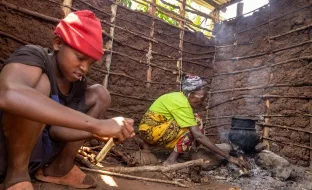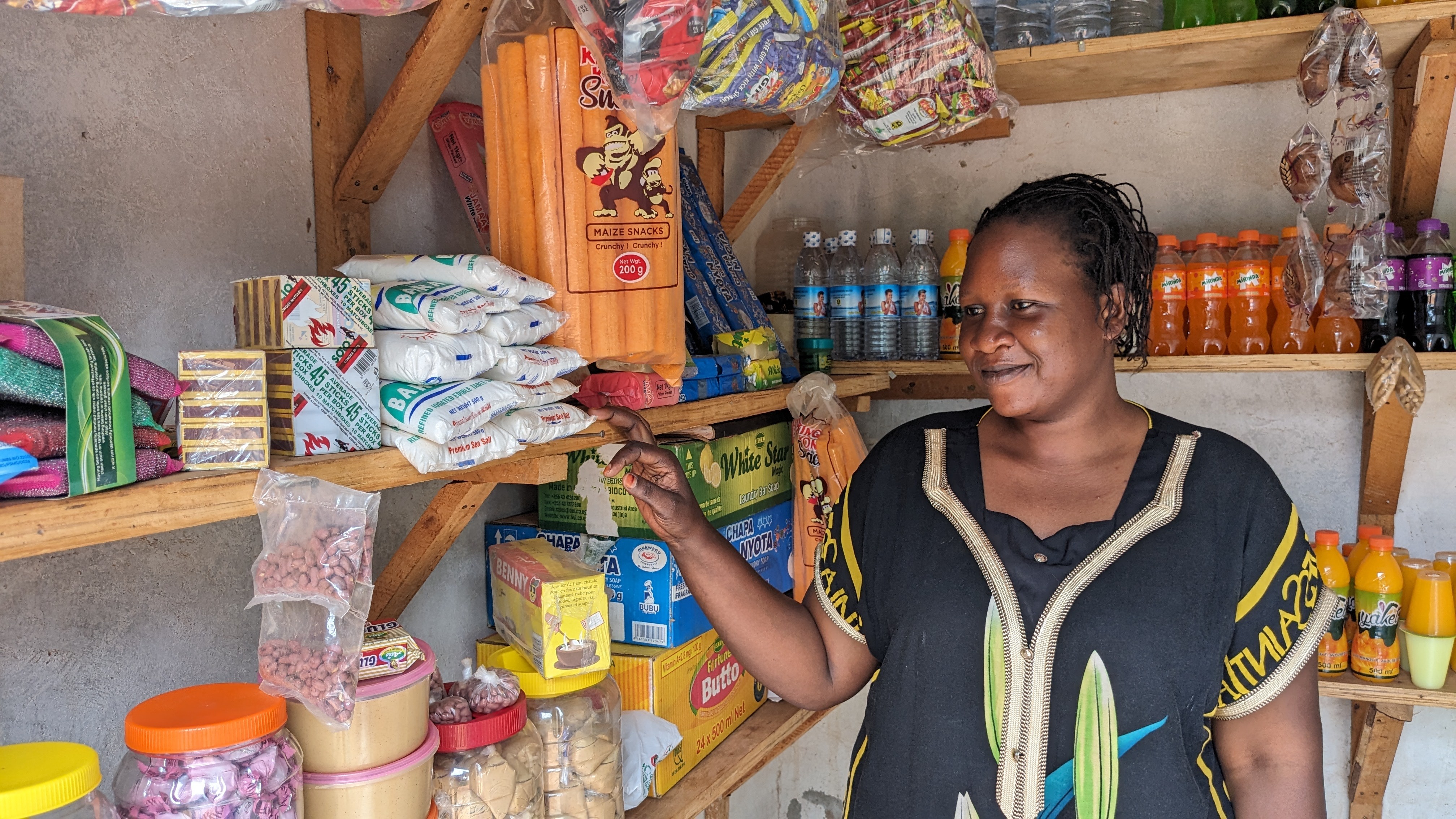Part 2 of a 3-part series on lessons we’ve drawn from observing the Universal Basic Income Pilot village over the past year. (Part 1)
Perhaps the most controversial question about basic income is how it will affect the way people spend their time. Proponents think it will free them up to take more risk – starting a business, perhaps, or migrating to look for a better job – or to spend time on more creative activities or voluntary service. Opponents think it will simply induce them to work less. This question is one of the central ones that our landmark basic income initiative, which launched this week, will test. In the meantime, here are suggestive insights we’ve gleaned from talking with basic income recipients in our pilot village over the past year.
To get a basic feeling for how recipients themselves are thinking about this, we polled them on how they felt they would change their working patterns because of basic income. Out of 78 recipients we interviewed, most (67%) believe they need to continue working as they did previously while a number (25%) actually feel they need to work even harder. This latter response is obviously an intriguing one and worth keeping an eye on as the systematic, quantitative data start to come in. The rest of the recipients report no change in their attitude towards work (2%) or are too sick or too old to work to begin with (6%).
When asked for more color, recipients often mentioned that they understood the basic income was about helping them achieve more in life. For example:
- “I do not think I have to stop working because these transfers were not meant to make us be idle and lose focus but to boost our earning to enable us to achieve bigger and better things in life.” Pamela, 61
Of course, responses like this could be people telling us what they think donors want to hear, which is why getting definitive, experimental answers is going to be so important. Others emphasized the specific ways in which receiving a basic income was helping them to invest either in skills (human capital) or businesses (physical capital):
- “As an ECD teacher, I usually go to college when schools close. I plan that I will be able to earn my diploma in the next 5 years.” Molly, 25
- “It has slightly changed my life. I’m now confident that even before getting my own money from my business, I can get stock and continue with the business. Besides, it makes me work more harder to ensure that my family get a better life in the future.” Diana, 33
Interestingly, we have also heard stories from recipients who are earning less because of basic income. One father had previously left the village to work as a security guard in a city in order to earn enough to put his children through school. Once he began receiving a basic income he left this job and returned home to the village, where he earns less but can be with his family every night. Stories like this underscore how important it will be for the research team to measure impacts on broad measures of well-being. Money, it turns out, isn’t everything.

